Keywords: Indigenous Rights
-
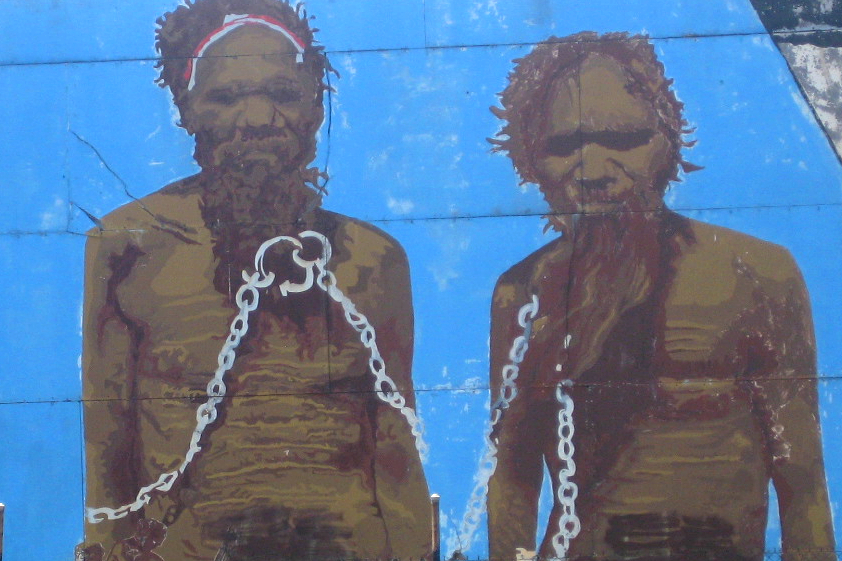
AUSTRALIA
- Brian McCoy
- 14 December 2021
15 Comments
I don’t write to State Premiers very often. However, a month ago I did. It was to the Western Australian Premier, Mark McGowan. It was not about Test cricket, the Juukan Gorge or opening the state’s borders. It was in relation to a photo on the front page of The Australian on the weekend of the 6/7 November showing an Aboriginal man in Western Australia boarding a plane under arrest. He was barefooted and with both a wrist and ankle chain.
READ MORE 
-
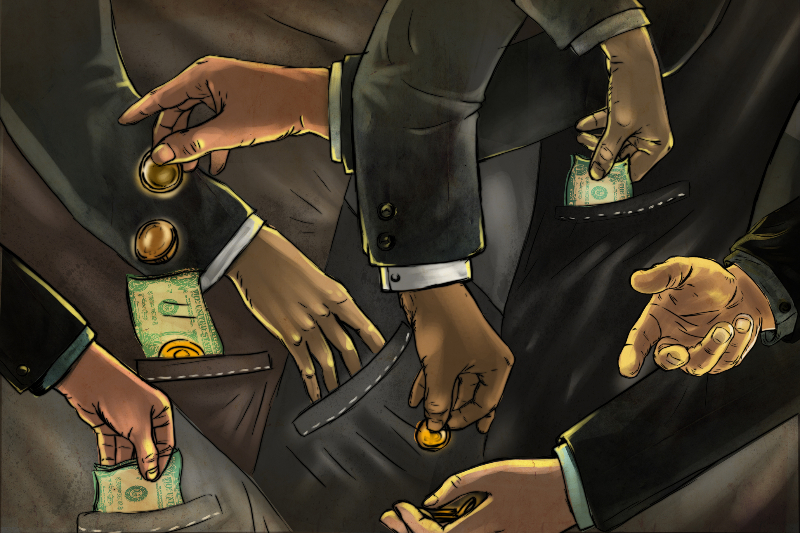
AUSTRALIA
- Andrew Hamilton
- 09 December 2021
24 Comments
Corruption in society is a sign that respect for human dignity has been eroded. If we identify the value of human beings with their ability to compete, we are easily led to treat other people and groups in society as instruments to be used for our own gain. The result is that the integrity of public institutions and people’s trust in them are eaten away.
READ MORE 
-
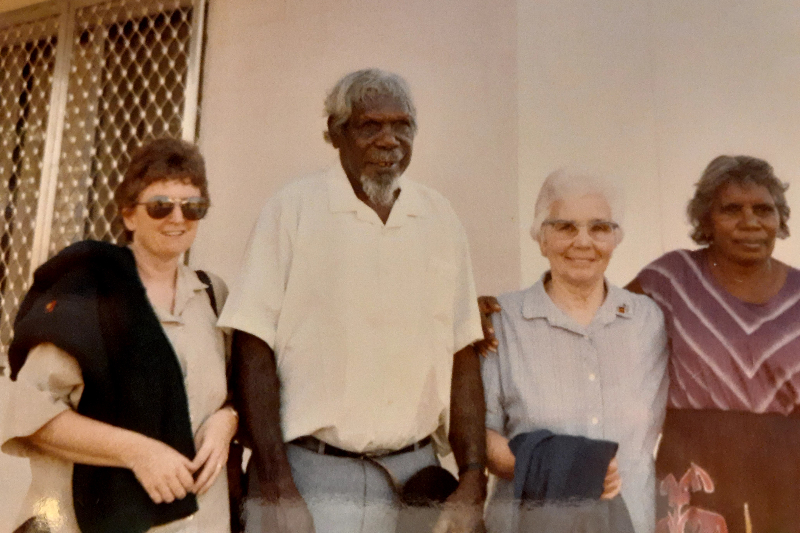
AUSTRALIA
- Paul Cleary
- 21 September 2021
1 Comment
In the late 1970s, two Mercy sisters answered a call to work with Aboriginal people, and they chose a place in the Pilbara region of Western Australia that had a notorious reputation. Sisters Bernadette Kennedy and Bernadine Daly arrived in the largely Aboriginal town of Roebourne in Australia’s north-west in mid-1978 to see if they were needed. They quickly discovered that in a town ‘awash with alcohol’ there was great need.
READ MORE 
-
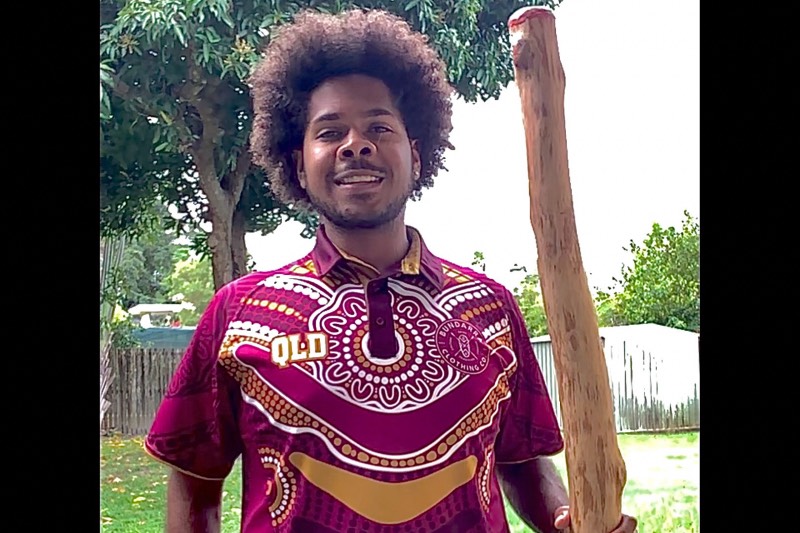
FAITH DOING JUSTICE
The question of reconciliation in the Church is particularly pressing, given 2021 marks the 250th anniversary of the arrival of Christianity in Australia, and the 150th anniversary of the arrival of Christianity to the Torres Strait. Yet many First Australians recognise that the Spirit of God was poured out onto the original inhabitants of this great Southern Land many, many thousands of years prior.
READ MORE 
-
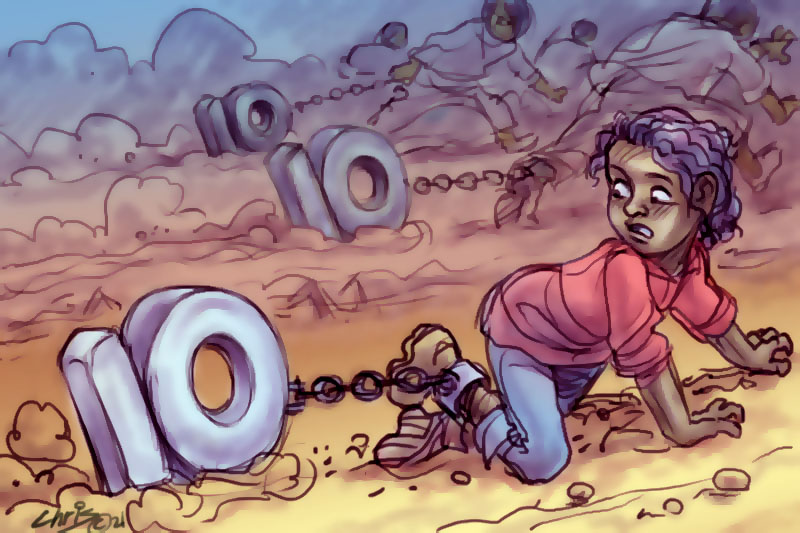
AUSTRALIA
- Celeste Liddle
- 15 June 2021
9 Comments
Those two little boys turn ten this year, reaching a milestone most Australians celebrate simply as reaching 'double figures'. Yet with these double figures comes a new threat most Australians aren’t aware of: they will also reach the age of criminal responsibility.
READ MORE 
-

AUSTRALIA
- Margaret Somerville
- 03 June 2021
9 Comments
No one on either side of the debate wants to see people suffer and the euthanasia debate is not about if we will die — we all will at some point. The debate is about how we will die and whether some ways of dying, namely euthanasia, are unethical and dangerous, especially to vulnerable and fragile people, and destructive of important shared values on which we base our societies.
READ MORE
-
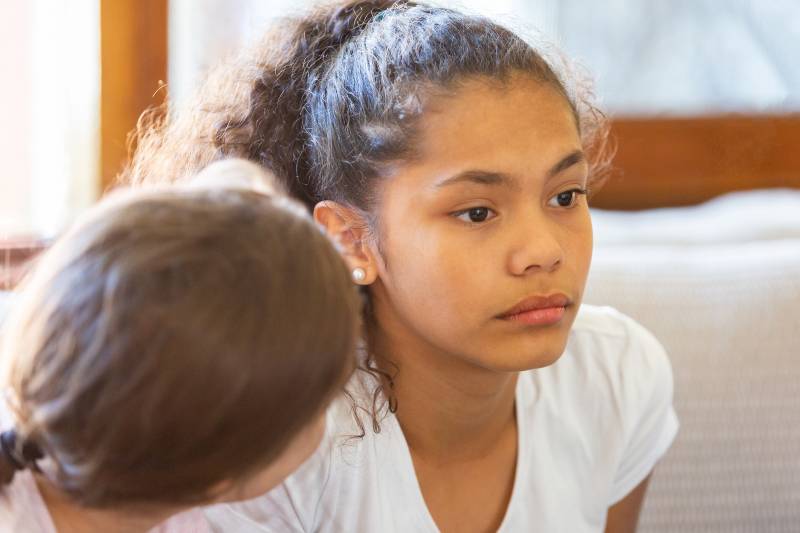
AUSTRALIA
- Celeste Liddle
- 22 April 2021
9 Comments
Due to the impacts of colonisation which have led to everything from loving intermarriage to acts of sexual violence, most Aboriginal people have non-Indigenous relations. Most of these people have, at some time or another, experienced racism within their extended family.
READ MORE 
-
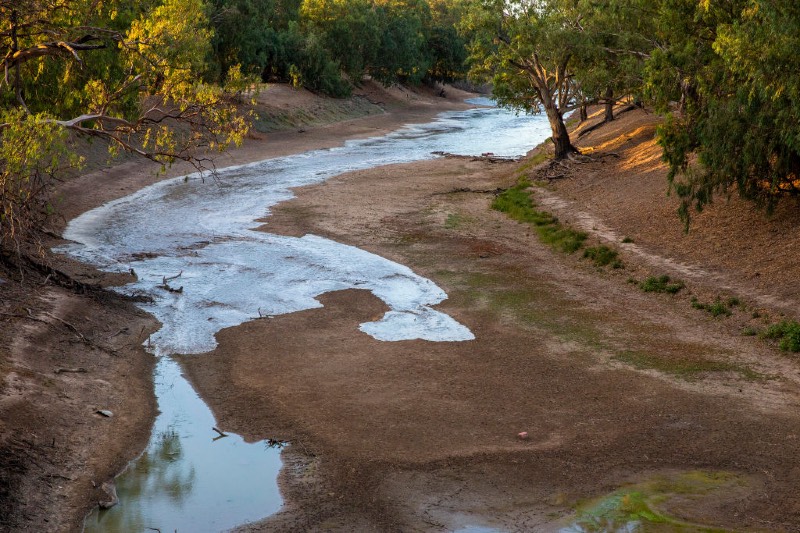
AUSTRALIA
- Cristy Clark
- 15 April 2021
4 Comments
Recent research has documented some of the historical causes of the ongoing absence of water justice. When the land rights agenda emerged towards the end of the 20th century, deliberate decisions were made to restrict access mostly to land without water rights.
READ MORE 
-
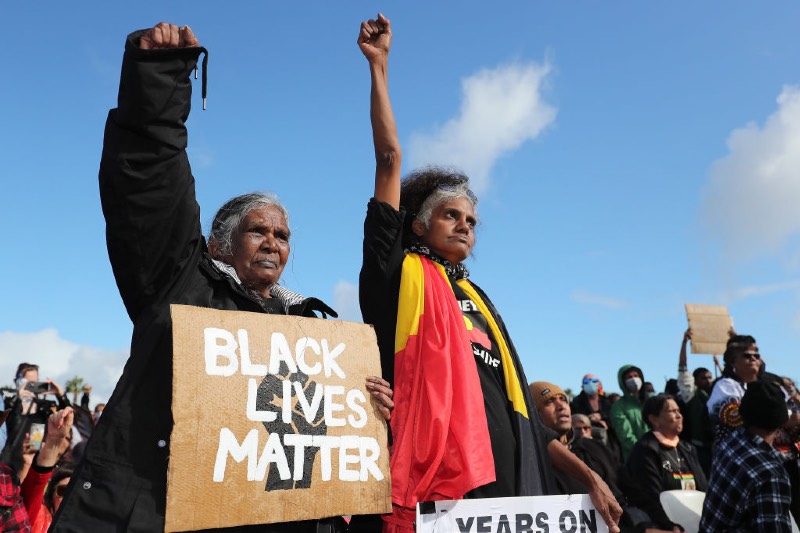
AUSTRALIA
- Michele Madigan
- 25 March 2021
13 Comments
There are a number of current issues within our present Australian political system, issues we need to remedy brought to light with strong media attention. But in contrast, how much media attention is being paid to this ongoing scandal of First Nations peoples who, while representing just 3.3 per cent of the population, now represent an extraordinary 30 per cent of the nation’s prison population?
READ MORE 
-
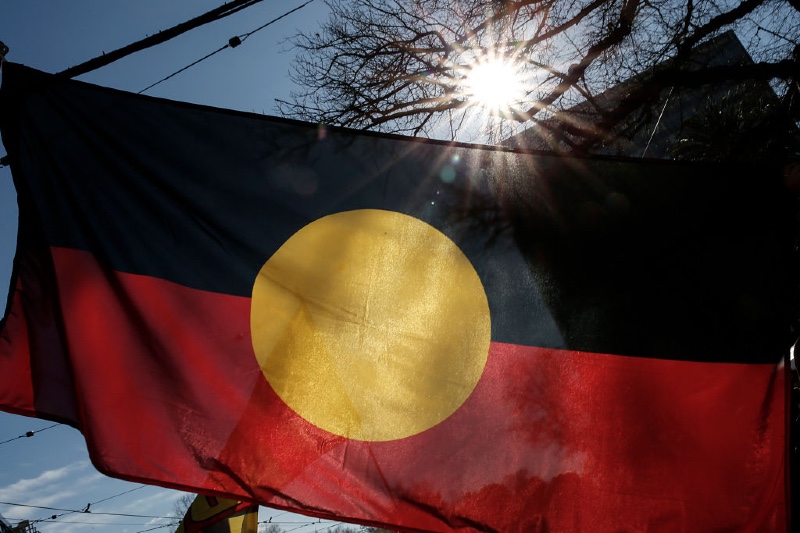
AUSTRALIA
Victoria’s Yoo-rrook Justice Commission, a truth-telling inquiry that will investigate injustices committed against Aboriginal Victorians since colonisation, rightly looks to similar models in South Africa and Canada. Each of these also had a clear Indigenous focus and addressed the ravaging impact of white settlement on traditional lands, cultures and communities in their respective countries.
READ MORE 
-
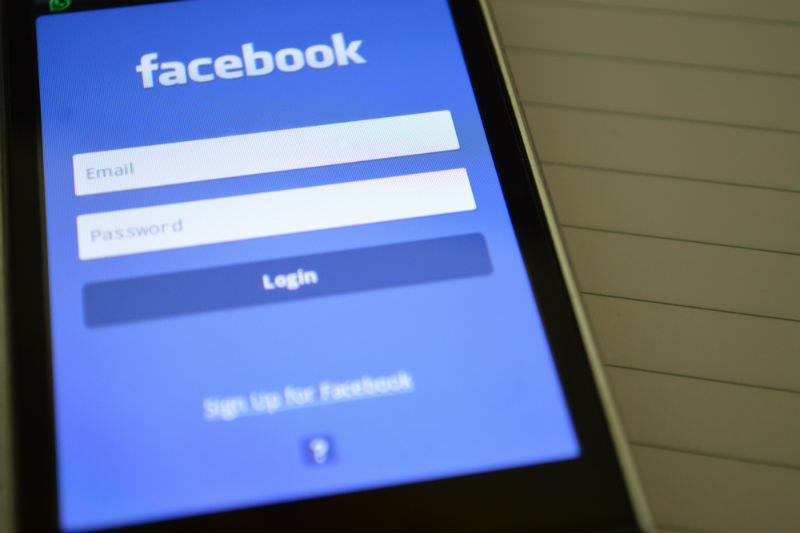
MEDIA
- Binoy Kampmark
- 23 February 2021
2 Comments
Instead of retaining its control of a fruit market, or preserving an oil monopoly, Facebook harnesses another resource: data. Any regulator or sovereign state keen to challenge the way the Silicon Valley giant gathers, monetises and uses that data will face their ire.
READ MORE 
-
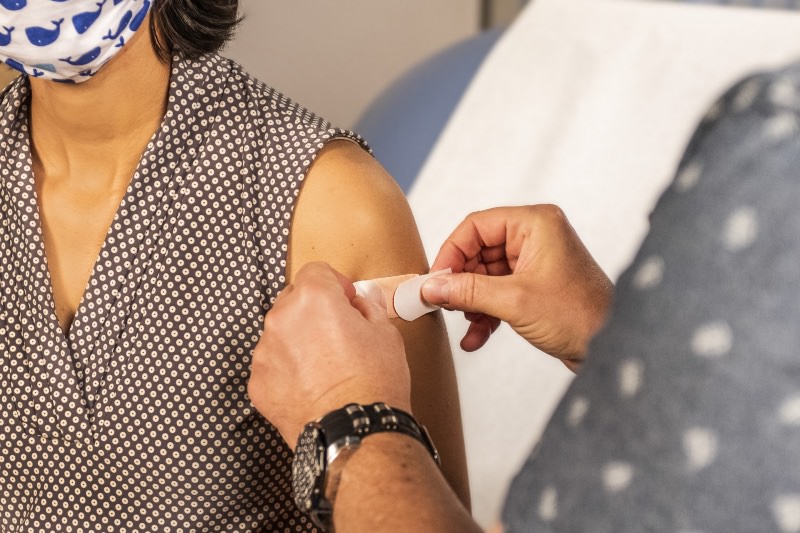
INTERNATIONAL
- Daniel Sleiman
- 04 February 2021
8 Comments
Despite talk against ‘vaccine nationalism’ the pharmaceutical companies are ultimately beholden to investors and shareholders. Their effectiveness percentages are pitches. They will sell to those who can afford to buy. And naturally that’s wealthy countries.
READ MORE 